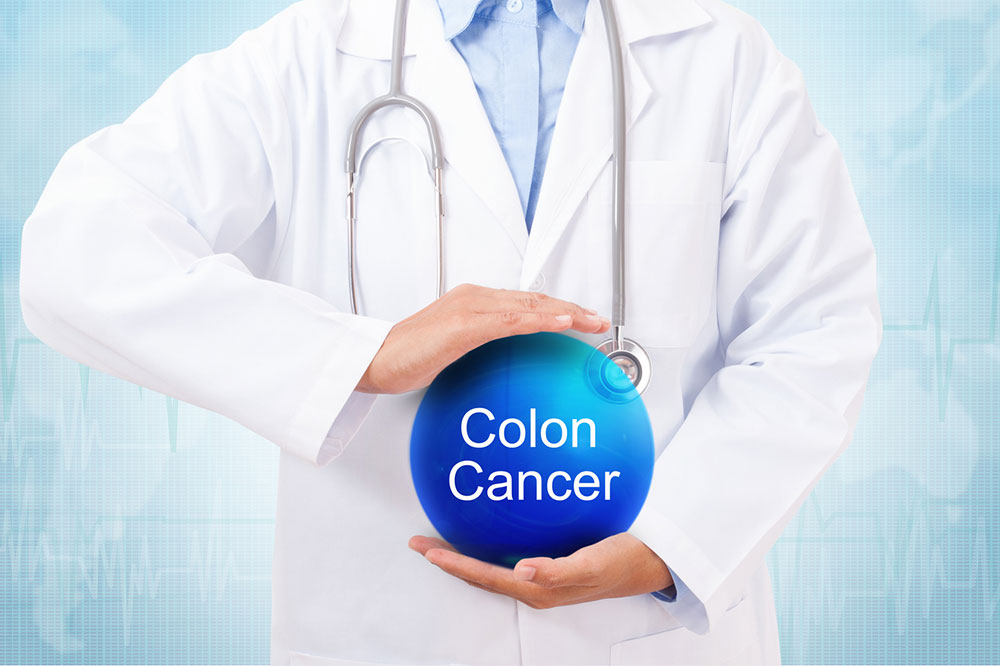
A Comprehensive Guide on Colon Cancer
The colon, more commonly known as the large intestine, sits at the end of the digestive tract and is responsible for absorbing water and salts from food. Colon cancer, cancerous growth in this organ, is the third most common cause of cancer-related deaths in the country. Read on to know about colon cancer, its causes, symptoms, and diagnosis.
1. Causes of colon cancer
The exact cause of cancer is still a mystery. Some cells have “oncogenes” that put them at risk for developing into cancerous cells at a later stage in life. These cancerous cells can either be benign (or harmless) or metastatic (or migrating through the blood). However, certain risk factors have been identified.
- Polyps
The most common cause of colon cancer is precancerous polyps in the large intestine. These could be adenomas or hyperplastic polyps. Adenomas are identifiable only using microscopes, while hyper-plastic polyps are typically benign. If identified in the early stages, surgeons can remove them before they develop and become metastatic. - Lifestyle
Colon cancer seems to have an affinity for people with obesity and individuals who smoke tobacco. Low fiber diets also seem to contribute to the development of the disease. Excess consumption of saturated fats, alcohol, and processed meat also puts you at risk of colon cancer. - Fixed risk factors
Age is a significant risk factor, especially for colon cancer since 91% of patients with this cancer are over 50 years of age. Genetics also plays a role. It is a vast possibility to inherit a predisposition for cancer of the large intestine, especially if a family member undergoes a diagnosis before they are 60 years old. Besides these, comorbidities like diabetes, Crohn’s disease, and acromegaly are other risk factors that you cannot modify.
2. Symptoms of colon cancer
Like most cancers, the symptoms are nonspecific and hard to detect in the early stages. These could include constipation, diarrhea, excessive gas, abdominal pain, and cramping. Stools can be unusual in color, could be narrower, and may contain blood as well.
As cancer progresses to stages 3 and 4, the symptoms become more noticeable. The signs could include excessive fatigue, unexplained weakness, and unintentional weight loss as the tumor consumes energy and nutrients needed by the body. Changes in the stools may last more than a month, and even after you visit the toilet, you might feel your bowels are not empty. If the cancer metastases, you will feel symptoms relating to the organ that it affects.
3. Diagnosis of colon cancer
As with all other cancers, early diagnosis of colon cancer gives you a better chance of overcoming it. Doctors recommend regular screening after 50 years of age. But if you notice symptoms and are younger, you should consult a physician immediately. Doctors might perform a physical exam of the abdomen to check for pressure or tumors. They might also conduct a rectal exam to determine the presence of lumps and polyps. Doctors may also ask for blood and fecal samples to check for specific cancer markers.


